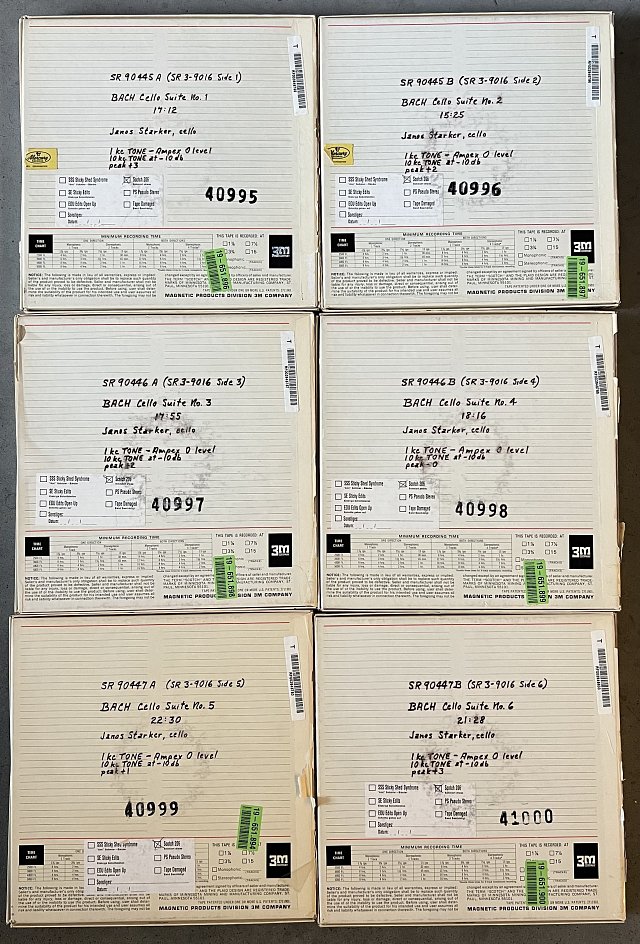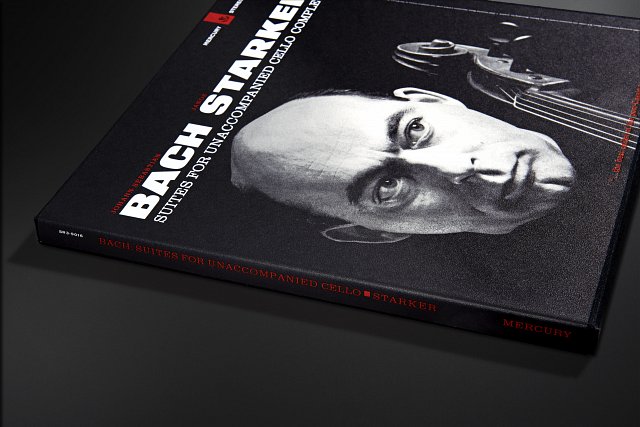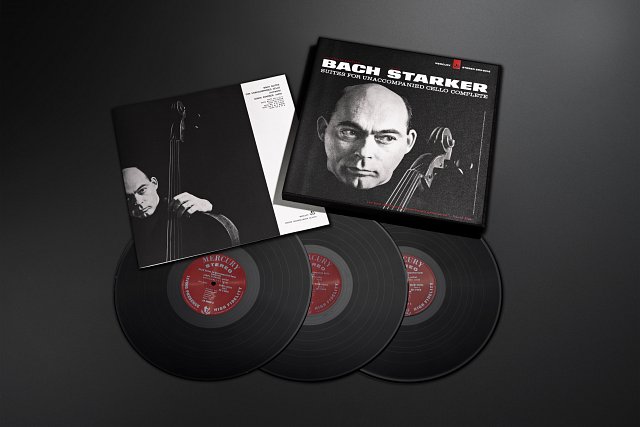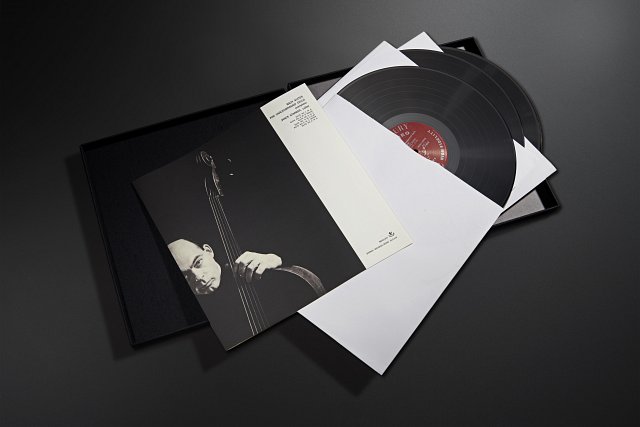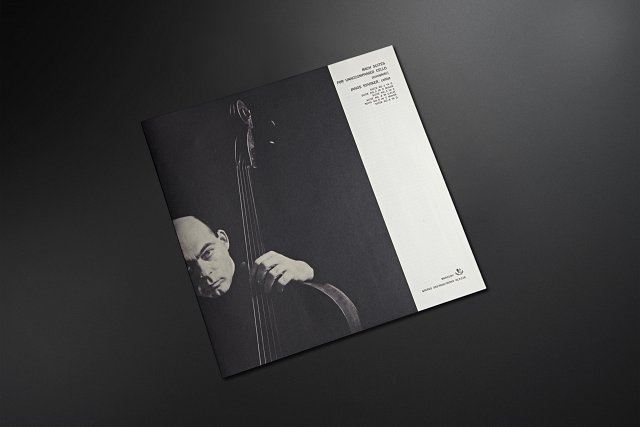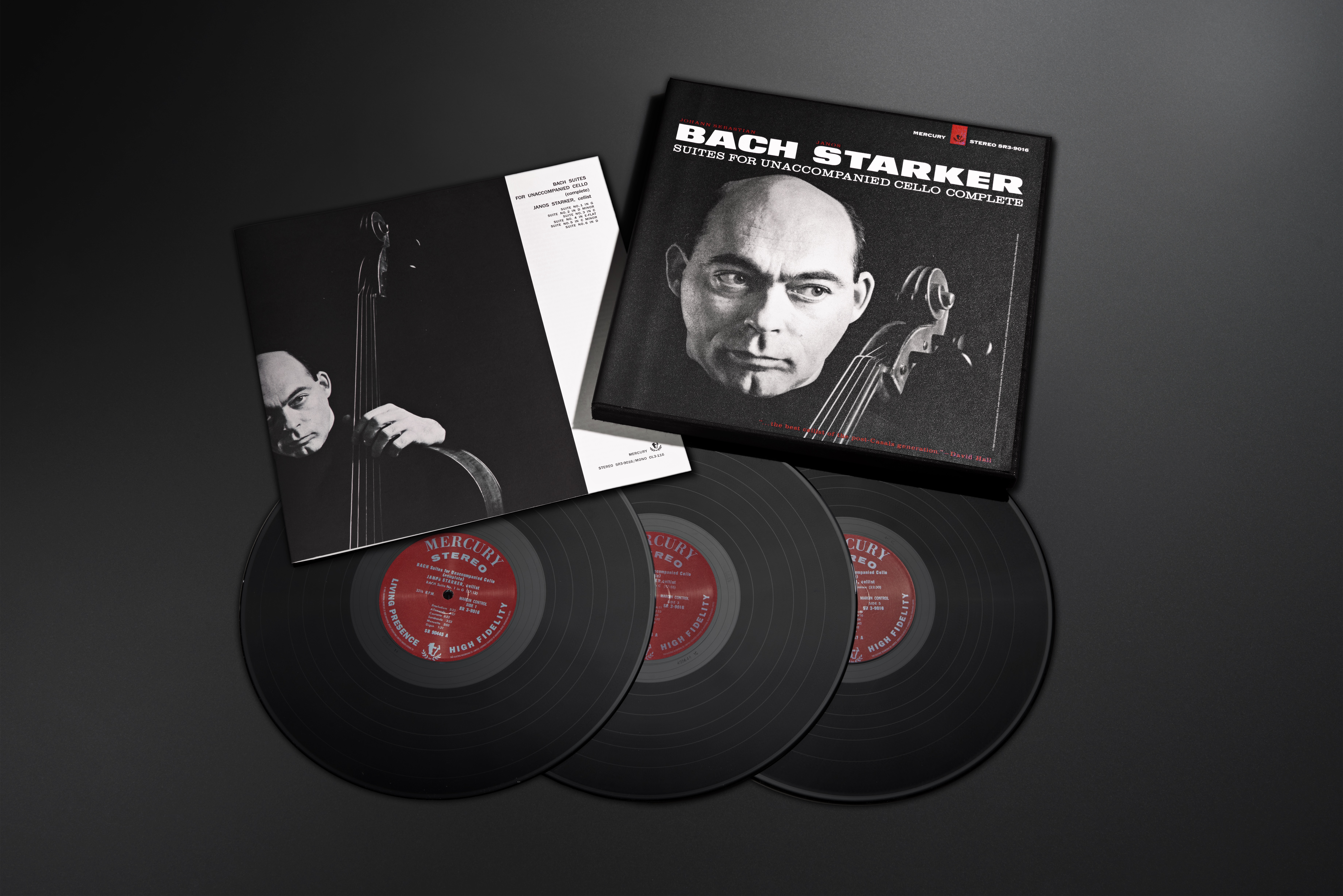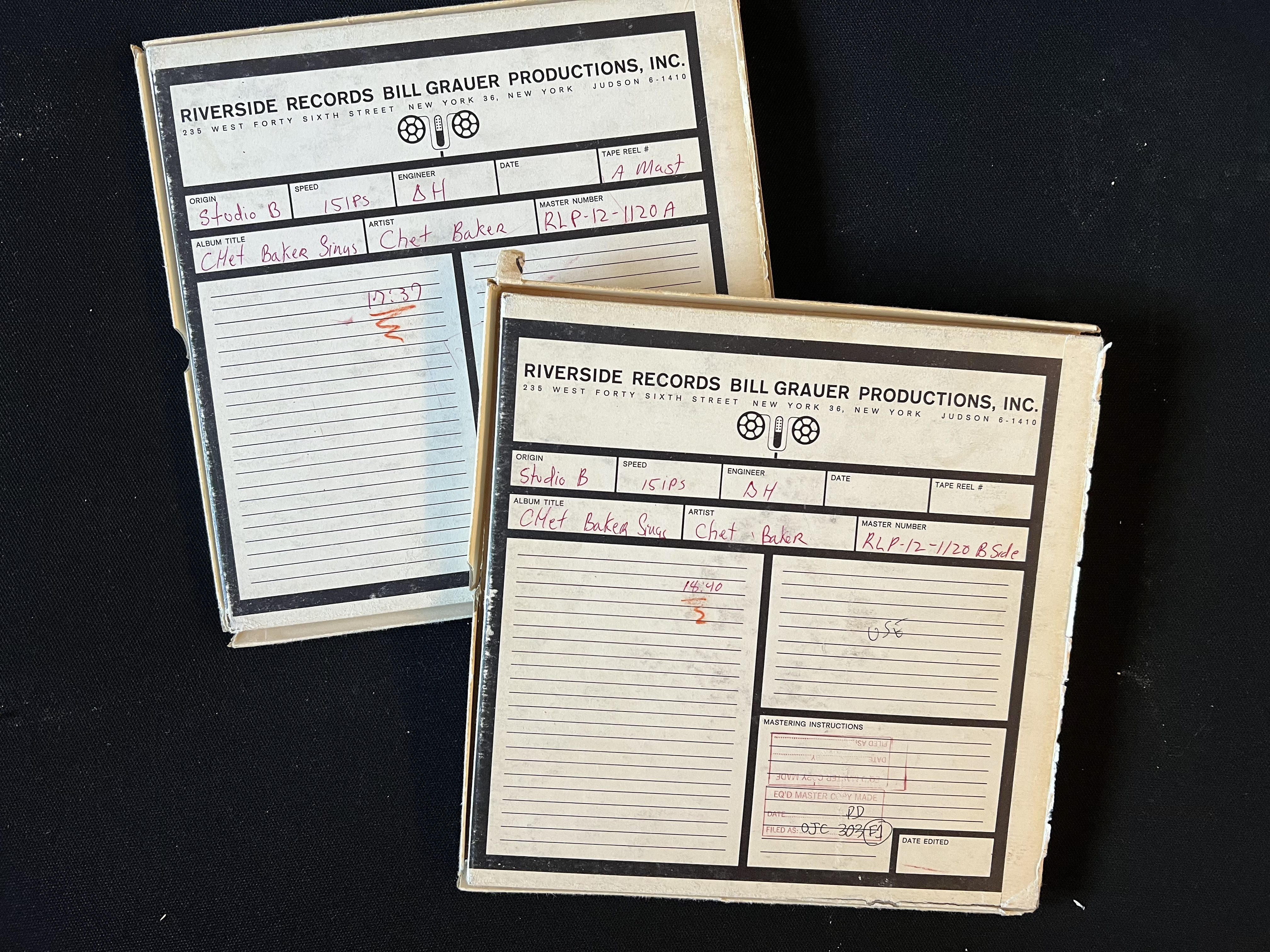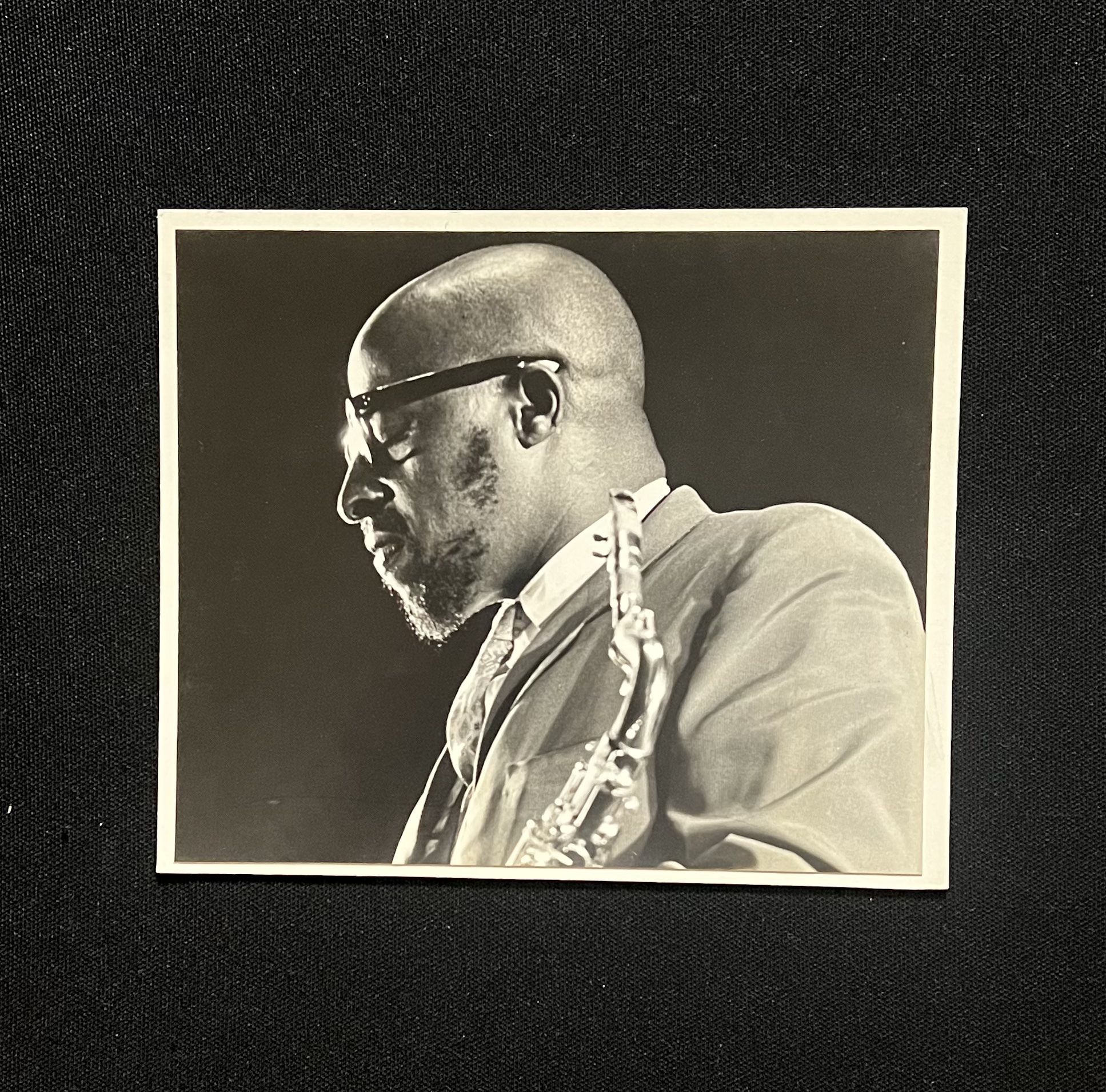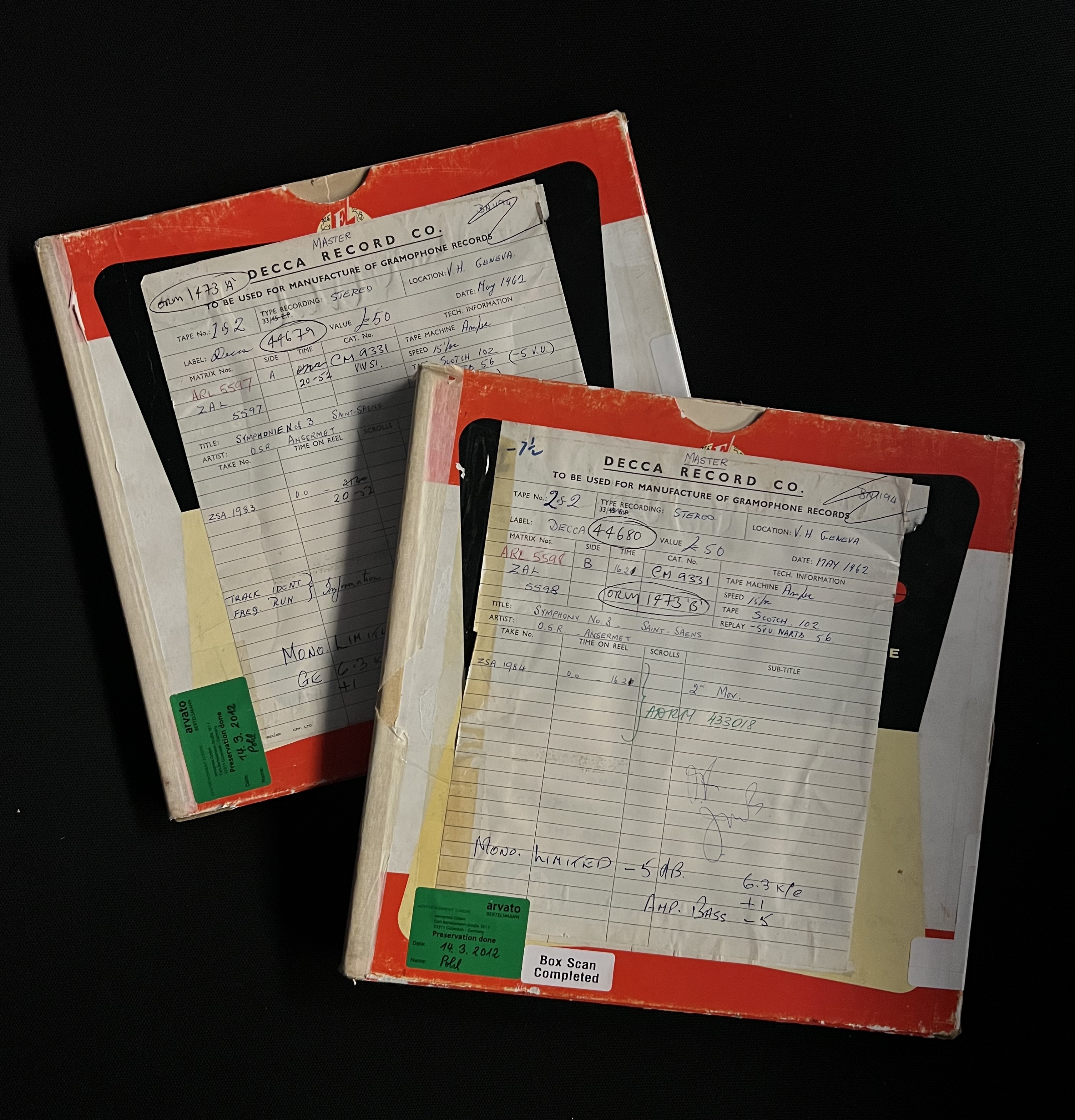Almost every great cellist of the twentieth century has recorded Bach’s six Suites for Solo Cello (BWV 1007–1012). It is a task so daunting that the famous Russian cellist Mstislav Rostropovich only felt himself worthy of the feat at the age of 68. The Solo Cello Suites are perhaps the cellist’s equivalent of climbing Everest, or more accurately, reaching enlightenment. It takes prodigious talent and a lifetime of study.
Janos Starker recorded Bach‘s Cello Suites five times. This recording produced by the legendary Wilma Fine was originally released in 1965 for Mercury Living Presence and is considered both a sonic triumph and his greatest performance. It is this release that set his reputation for technical perfection, sensitive phrasing and a supreme expressive intensity.
Starker offers an interpretation that balances expressive depth with structural clarity. A profoundly moving experience.
Cut directly from the original analog master tapes, through our unique all valve 1965 Ortofon / Lyrec vinyl cutting system in stereo. No equalisation, compression or any other processing was added during the cutting process.
All sleeve artwork made by hand and authentically letter-pressed on a 1963 Heidelberg SB.
This edition of 150 copies is priced at £1495.00 UK pounds. Order here.
